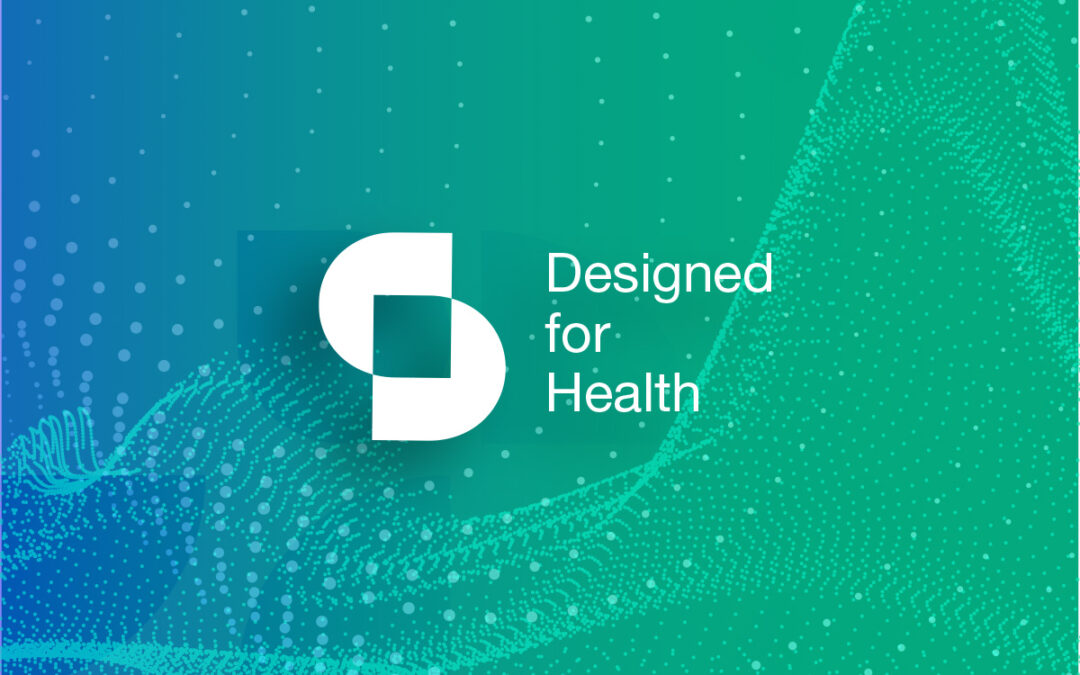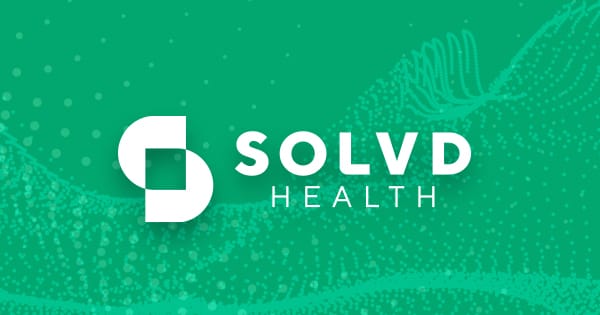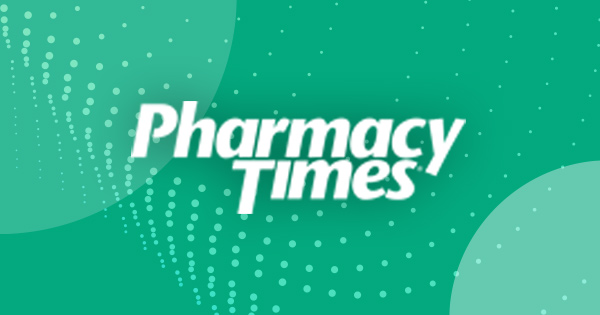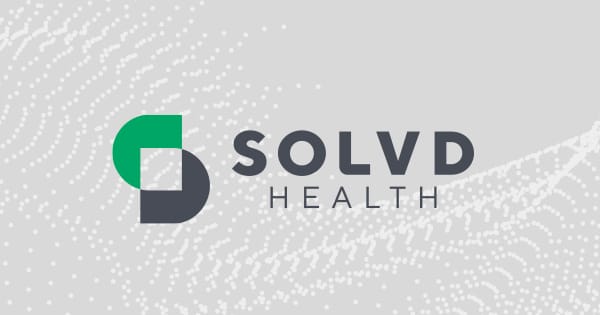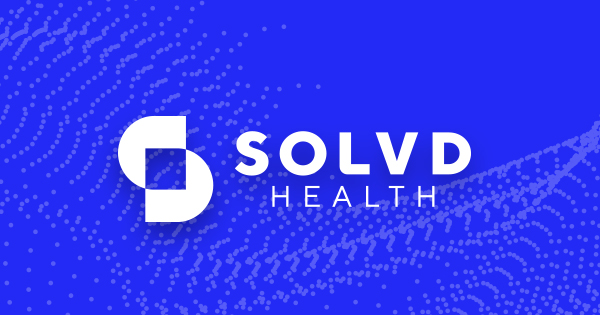
SOLVD Health Prepares to Launch Clinical Study of Non-Invasive Colorectal Cancer Screening Test
News Release
SOLVD Health Prepares to Launch Clinical Study of Non-Invasive Colorectal Cancer Screening Test
LifeKit® Prevent is the only non-invasive colorectal cancer screening test designed to accurately detect the earliest warning signs of cancer—precancerous adenomas.
CARLSBAD, Calif., January 6, 2021 – SOLVD Health, a privately held company focused on preventing disease by making actionable and contextual health information accessible to everyone, is preparing to launch a U.S. clinical study of its non-invasive colorectal cancer (CRC) screening test, LifeKit® Prevent. The test is being developed in partnership with Metabiomics, a subsidiary of SOLVD Health. The PREVENT study protocol is now available on the U.S. National Library of Medicine’s ClinicalTrials.gov database, which includes privately and publicly funded clinical studies conducted around the world.
LifeKit Prevent is a qualitative in vitro diagnostic test that is designed to detect and analyze microbial genomics biomarkers in human stool samples that are strongly associated with specific stages of CRC progression. The test is intended to aid in the detection of precancerous and cancerous lesions (colorectal neoplasia), including advanced adenomas and carcinomas, in an average-risk screening population in accordance with recognized screening guidelines.
When compared to currently available options, LifeKit Prevent is the only non-invasive CRC screening test designed to accurately detect the earliest warning signs of cancer—precancerous adenomas. In an effort to prevent cancer from developing, when adenomas are detected, the patient will undergo a colonoscopy, and the adenomas will be removed.
“Colonoscopy is the current gold standard for colorectal cancer screening because it accurately detects cancer as well as precancerous adenomas,” said Keri Donaldson, MD, CEO of SOLVD Health. “However, because it is highly invasive, patient compliance rates are poor. Currently available non-invasive alternatives have been shown to effectively detect cancer, but not precancerous adenomas. Early research has shown that our test is effective at detecting both, which could be a gamechanger for colorectal cancer screening.”
Research published in BMJ Open Gastroenterology showed that LifeKit Prevent is able to accurately detect precancerous colon polyps, achieving >80% accuracy. In 2019, the test received Breakthrough Device designation from the U.S. Food and Drug Administration (FDA) due to its potential to provide more effective diagnosis of a life-threatening disease and offer significant advantages over existing alternatives.
SOLVD Health’s prospective clinical trial will enroll up to 12,000 individuals to validate its test for the detection of colorectal cancer and adenomas. Subjects will include adults at average-risk for colorectal cancer between the ages of 45 and 84.
About Colorectal Cancer
Despite being one of the most preventable forms of cancer, colorectal cancer is the second leading cause of cancer deaths in the U.S. In 2020, the American Cancer Society estimated that 148,000 Americans would be diagnosed with colorectal cancer, and another 53,000 would die from it. The U.S. Department of Health & Human Services estimates that approximately 60% of colorectal cancer deaths could be prevented with screening, but one in three Americans who should get tested for colorectal cancer has never been screened.
About SOLVD Health
SOLVD Health is a privately held company focused on preventing disease by making contextual health information accessible to everyone. Through the development of insights-based health tools, we are enabling individuals and their providers to make better decisions about their health and the health of their families. We accomplish this by translating complex biological signals into actionable patient data that can point the way to better health. To learn more about us, our solutions, and our career opportunities, visit us at www.solvdhealth.com.
Media Contact:
Valerie Melucci; pr@solvdhealth.com


